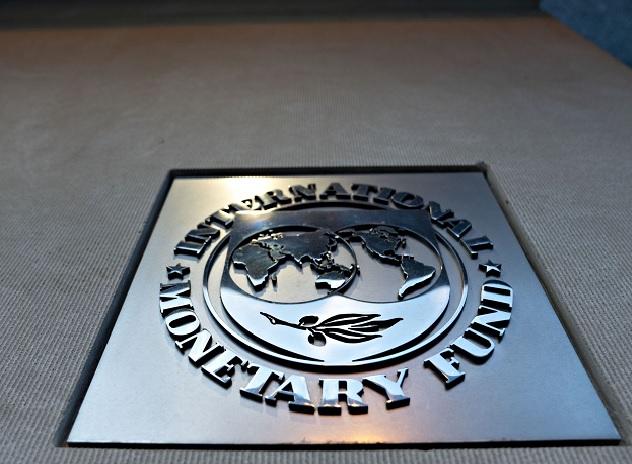Poor countries need nearly $500 bn in external financing through 2026: IMF

Low-income countries will need nearly $500 billion in external financing during the 2022-2026 period, the International Monetary Fund said on Thursday, an increase of about $57 billion from a year-ago estimate due largely to spillovers from Russia’s war in Ukraine.
The IMF said in a new policy paper that the Ukraine war, which has exacerbated inflation with major increases in global food, energy and fertilizer prices, will slow down the recovery of low-income countries from the COVID-19 pandemic and further delay income per-capita convergence with more advanced economies.
The IMF said the fiscal position of low-income countries “is increasingly under stress as governments ramped up spending to address the impact of the pandemic and the war in Ukraine, and to protect the vulnerable from high food and fuel prices. As a result, debt vulnerabilities have intensified.”
It said growth in 2022 in these countries has lost momentum, while rapidly accelerating inflation has widened fiscal deficits.
While debt sustainability indicators have not yet reached levels seen on the eve of the 1996 launch of the IMF-World Bank Heavily Indebted Poor Countries (HIPC) initiative, the shift in the creditor landscape toward non-Paris Club and private creditors “brings new challenges for a swift and orderly debt restructuring,” the IMF said.
China has become the world’s largest bilateral creditor in recent years, drawing increasing criticism from Western countries for its reluctance to grant debt relief to distressed developing countries.
The Fund’s latest forecasts come a day after the World Bank issued a new report on the rising debt burden for the world’s poorest countries, predicting that they will now spend over a tenth of their export income — $62 billion — to service external bilateral debt, the highest proportion since 2000.
The IMF said that the 2022-2026 external funding needs for low-income countries aimed at addressing the legacies of the COVID-1 pandemic, accelerate stalled income growth and rebuild external buffers would total about $440 billion, about the same as an estimate a year ago for the 2021-2025 period.
But the additional 2022-2023 funding needs prompted by the Ukraine war would bring that total to at least $497 billion, the IMF said.
(Reporting by David Lawder; Editing by Chizu Nomiyama)
(Only the headline and picture of this report may have been reworked by the Business Standard staff; the rest of the content is auto-generated from a syndicated feed.)
business-standard.com

